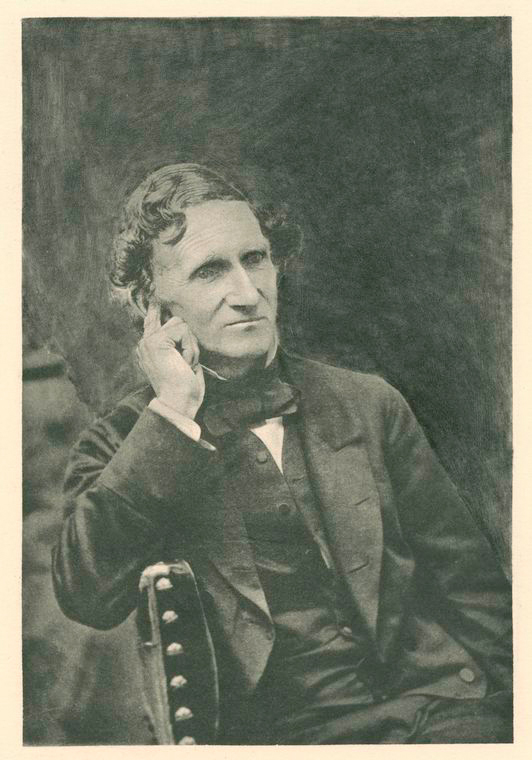
Elihu Burritt from life by J.W. Allderige – New York Public Library Digital Collections, The Miriam and Ira D. Wallach Division of Art, Prints and Photographs
On December 8, 1810, Elihu Burritt was born in New Britain, Connecticut, to a farming family. At age 17 Burritt became an apprentice blacksmith. While working this trade, he taught himself almost 50 foreign languages, earning himself the moniker “the Learned Blacksmith.” To further his education, Burritt moved to Massachusetts and studied from the collections of the American Antiquarian Society. It was at this time that he dedicated himself to the peace cause and became the leading pacifist of his age.
On a trip to England in 1846, Burritt formed the League of Universal Brotherhood, one of the most active pacifist organizations in the 19th century. In 1848 he organized the Brussels Peace Congress, and by the age of 50, the New Britain native was known and respected throughout Europe and the United States.
In 1875 he suffered a stroke and retired to his hometown of New Britain. Throughout his life, Burritt continuously fought to improve the human condition, and his peace work inspired others to do the same. By his death in 1897, Burritt authored over 37 books and articles, including Four Months in Skibbereen, a pamphlet outlining the devastating potato famine in Ireland. Elihu Burritt is buried in New Britain’s Fairview Cemetery and the library on the campus of Central Connecticut State University is named for him. Burritt Street, a major road through the city, is also named in his honor.









